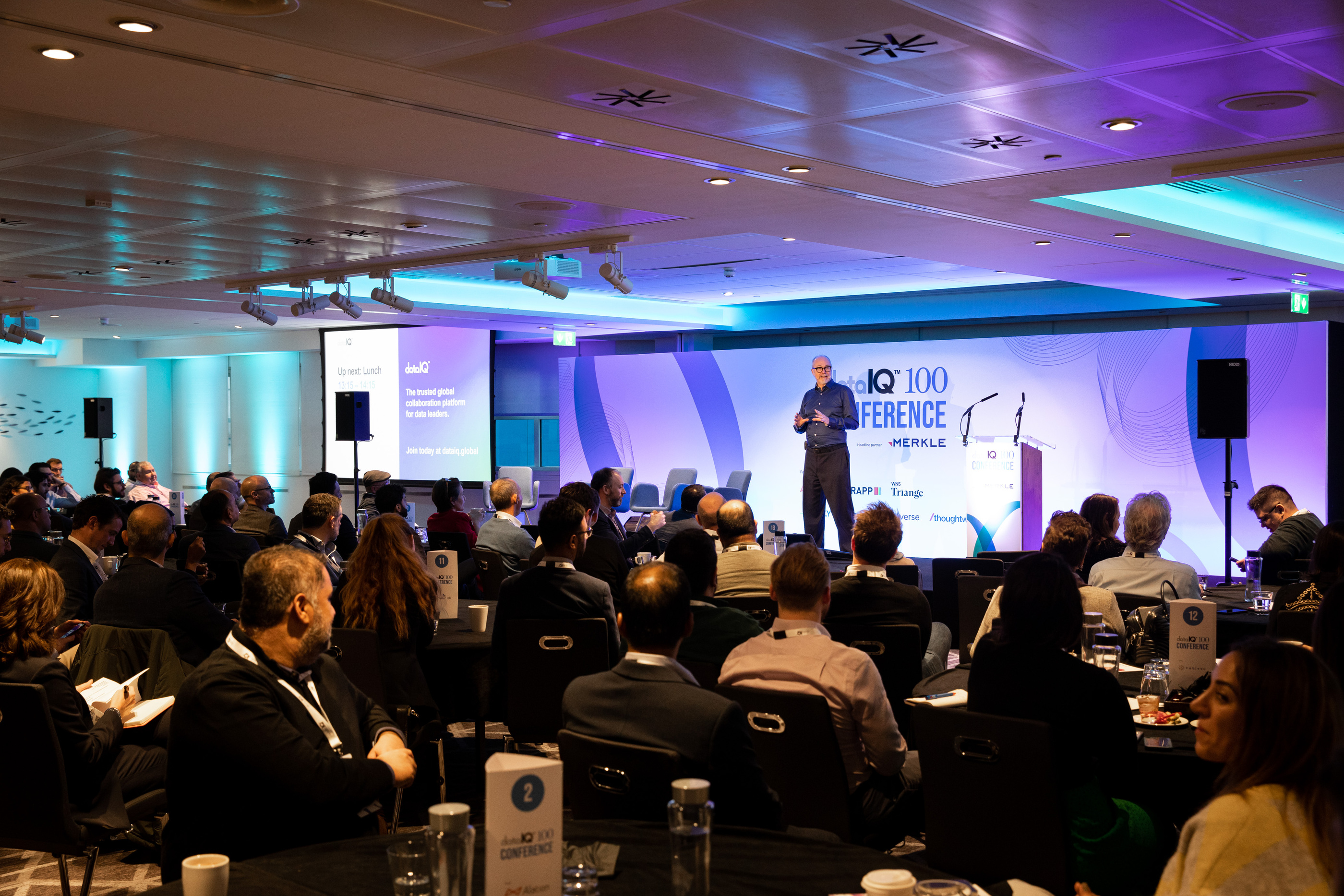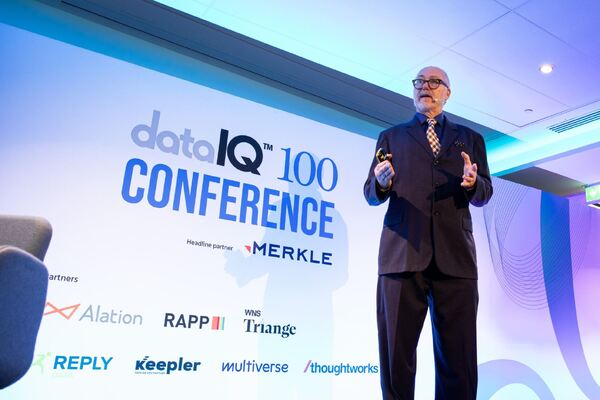The long road to digital transformation
Digital transformation is a fact of life. Among delegates at last year’s DataIQ Transform, 96% had a project underway with just 1% having reached completion. For two-thirds, changing their organisation to operate on a digital-first basis was very much a work in progress.

So when over 200 delegates attended the 2019 DataIQ Transform conference, it provided an opportunity to check in on the timeline for these projects, as well as when value is likely to be realised and what role data is playing. What emerged from the 69 responses captured on the day is a picture of transformation as the new normal, almost an evergreen programme to maintain and update processes and technologies in line with customer expectations.
At the same time, business expectations of when value will be realised have a shorter perspective. The role of data has also become central, although not necessary the driver of change that might be assumed.
Did you find this content useful?
Thank you for your input
Thank you for your feedback
Next read
You may also be interested in
DataIQ is a trading name of IQ Data Group Limited
10 York Road, London, SE1 7ND
Phone: +44 020 3821 5665
Registered in England: 9900834
Copyright © IQ Data Group Limited 2024
 David Reed
David Reed



